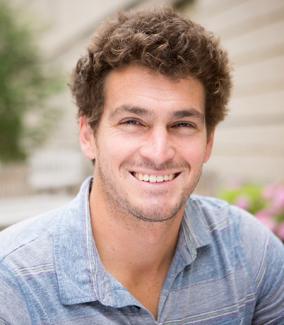Event
Inorganic Chemistry Seminar; Dr. Justin Wilson, Cornell University
Inquiries please contact Rosa M. Vargas rvargas@sas.upenn.edu

“Heavy Metal Chelation: Applications in Industry and Medicine”
abstract:
Heavy metal ions are typically considered to be detrimental to human health and are therefore considered to be a nuisance in both industrial and medicinal settings. The proper control of these ions via chelation, however, can engender them with beneficial applications in both regards. In this talk, I will discuss our group’s efforts to design chelators for heavy metal ions spanning the s-, d-, and f-block. We will show how unusual thermodynamic binding affinities can be obtained via ligand design efforts. Furthermore, direct applications of our chelators for addressing “real life” problems in both industry and medicine will be given.
Bio: Justin Wilson obtained his B.S. in chemistry from UC Berkeley in 2008, have carried out undergraduate research in the lab of Prof. Jeff Long. He then went to pursue doctoral under the mentorship of Prof. Stephen J. Lippard at the Massachusetts Institute of Technology (Cambridge, Massachusetts USA). His thesis was focused on the design and discovery of novel platinum-based anticancer agents. After earning his Ph.D. in 2013, Justin then carried out postdoctoral studies as a Seaborg Institute Postdoctoral Fellow at Los Alamos National Laboratory (Los Alamos, New Mexico USA) under the guidance of Dr. Eva Birnbaum. His postdoctoral research was on the radiochemistry of therapeutic alpha-emitting radionuclides. Since assuming his independent position as an assistant professor at Cornell University (Ithaca, New York USA) in 2015, Justin’s research program has focused on several different aspects of inorganic medicinal chemistry. His research group is working on projects involving targeted radionuclide therapy, metal-based inhibitors of mitochondrial calcium uptake, and novel organometallic anticancer agents. His work has been recognized by several awards, such as a 2018 NSF CAREER Award, a 2019 Cottrell Research Scholar Award, and the 2019 ACS Division of Inorganic Chemistry Emerging Investigator in Bioinorganic Chemistry Award.
